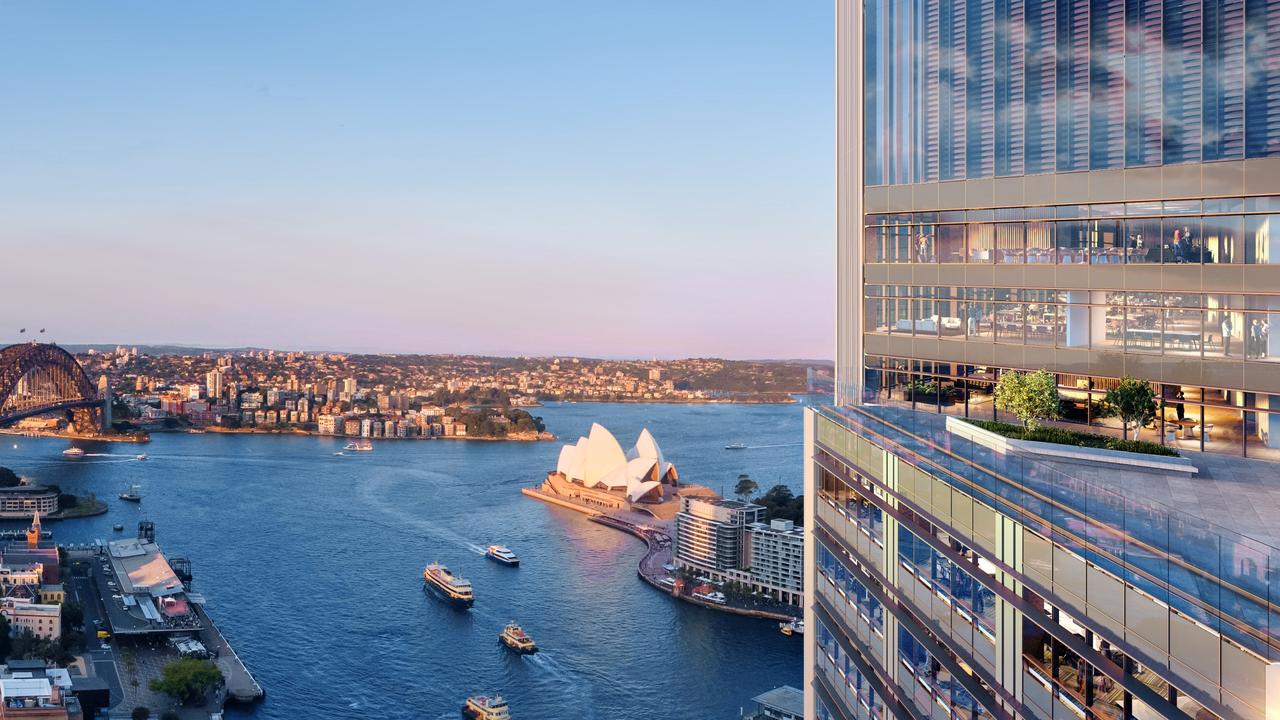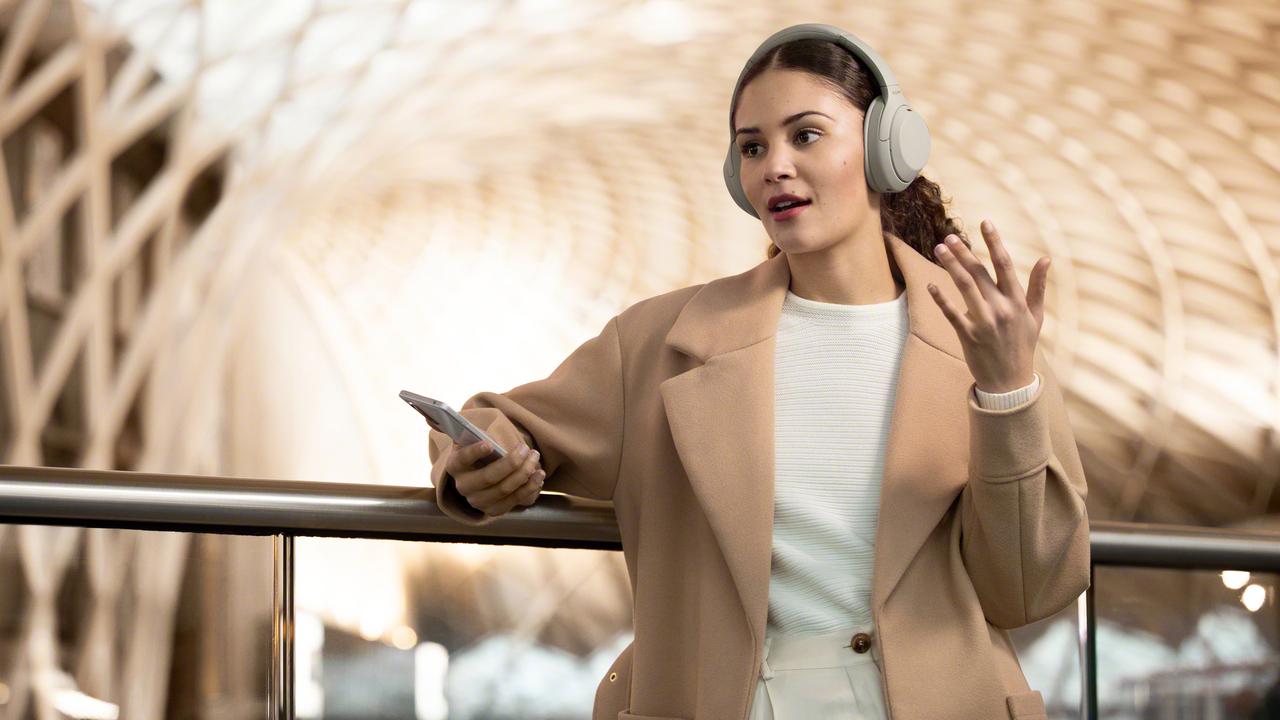Sonnen’s Chris Parratt says renewables don’t need subsidies
The local head of a German renewable energy storage firm claims renewables are both practical and affordable.

Renewables can compete with fossil fuels without being subsidised. That’s the view of Chris Parratt, who heads Australia’s branch of Sonnen, a German renewable energy storage firm that is pushing hard to sell solar energy storage solution.
Sonnen’s launch last week of its unusual business model as both battery-maker and power retailer was one of several notable events in renewables. “We operate in multiple markets in the world,” says Parratt. “The only subsidies I know of are in Italy, where basically you have tax incentives for factories. And I think that’s finished. We are selling all these batteries globally without a subsidy.”
The battery-maker’s statement that renewables are both practical and affordable is a declaration of confidence. The German company retains the right to periodically upload typically 3 per cent of a resident’s battery to the grid, and sell it at times of high demand, at high spot prices.
In return, Sonnen offers 7500kWh to 12,500kWh a year of free grid power and promises extra usage will be at low rates.
The “no subsidy” philosophy doesn’t stop Sonnen’s partner Zen Energy from cutting deals with local government in regional areas to make the technology cheaper, but it doesn’t depend on discounts. Nevertheless, it’s Sonnen’s model on a broader scale. Parratt says the company’s home town of Wildpoldsried in Bavaria exports 300 per cent of its power needs back to the grid for profit.
In contrast, South Australia’s acceptance of Tesla’s plan to build a 100MW/129 megawatt-hours battery uses plenty of taxpayer funds. Some estimates are well over $200 million, although the state government plans to fund the project from the state’s renewable technology fund of $150m.
It’s a small resource, not the ultimate solution. According to one estimate, a 100MW storage battery would at most power 3.3 per cent of a peak demand of 3000MW.
In fairness to Premier Jay Weatherill, Tesla founder Elon Musk’s battery plant is only part of a broader SA solution that includes a 250MW gas-fired generator and funds for gas exploration, although the funds amount to about an eighth of the renewable fund.
The battery could offer one big advantage. Parratt says batteries can come online almost instantly. Coal, wind and gas can’t do that if plants are not already running. A battery could provide short bursts of power while other resources fire up in an emergency.
Parratt says solar and wind battery storage can make money by tapping into a second grid market called FCAS. It is about keeping the frequency of the grid stable at 50 hertz. “This market is what we tend to operate in,” he says. “In Germany, we operate the batteries in one-second timeslots. This then stabilises the grid. Batteries operate in this market really well.”
We don’t know if SA’s big battery will tap into the FCAS. But it’s one way to ameliorate cost.
The $64 question: will Tesla make the 100-day deadline, or will SA get the battery for nix? Either is possible. Tesla has more than 100 days, as the clock doesn’t start ticking until a grid interconnection agreement is signed.
On the other hand, anything could happen when supplying batteries from 12,000km away. By next year, Tesla is planning to produce 35 GWh/year of lithium-ion batteries at its Gigafactory.
Parratt says it’s a shame the energy debate in Australia is venomous and polarised.
“Green energy is not a left-wing or a right-wing argument. It’s good for business as well as being good socially,” he says. For now he accepts the best mix includes solar, wind, gas and coal-generated power. He is prepared to vary from rigid ideology.
In the US last week it was reported coal baron Robert Murray also isn’t toeing the industry line. He was reported as saying that “clean coal” is a myth. “Carbon capture and sequestration does not work. It’s a pseudonym for ‘no coal’,” he was quoted as saying.
But Murray is no renewables supporter. He is approaching this argument from the other direction. He apparently wants coal processing to continue as before.
While he’s a backer of Donald Trump’s coal policy, he’s also very cautious as to whether many coal jobs can ever be restored because of technological change and automation, even under Trump.
The debate is hotting up.



To join the conversation, please log in. Don't have an account? Register
Join the conversation, you are commenting as Logout